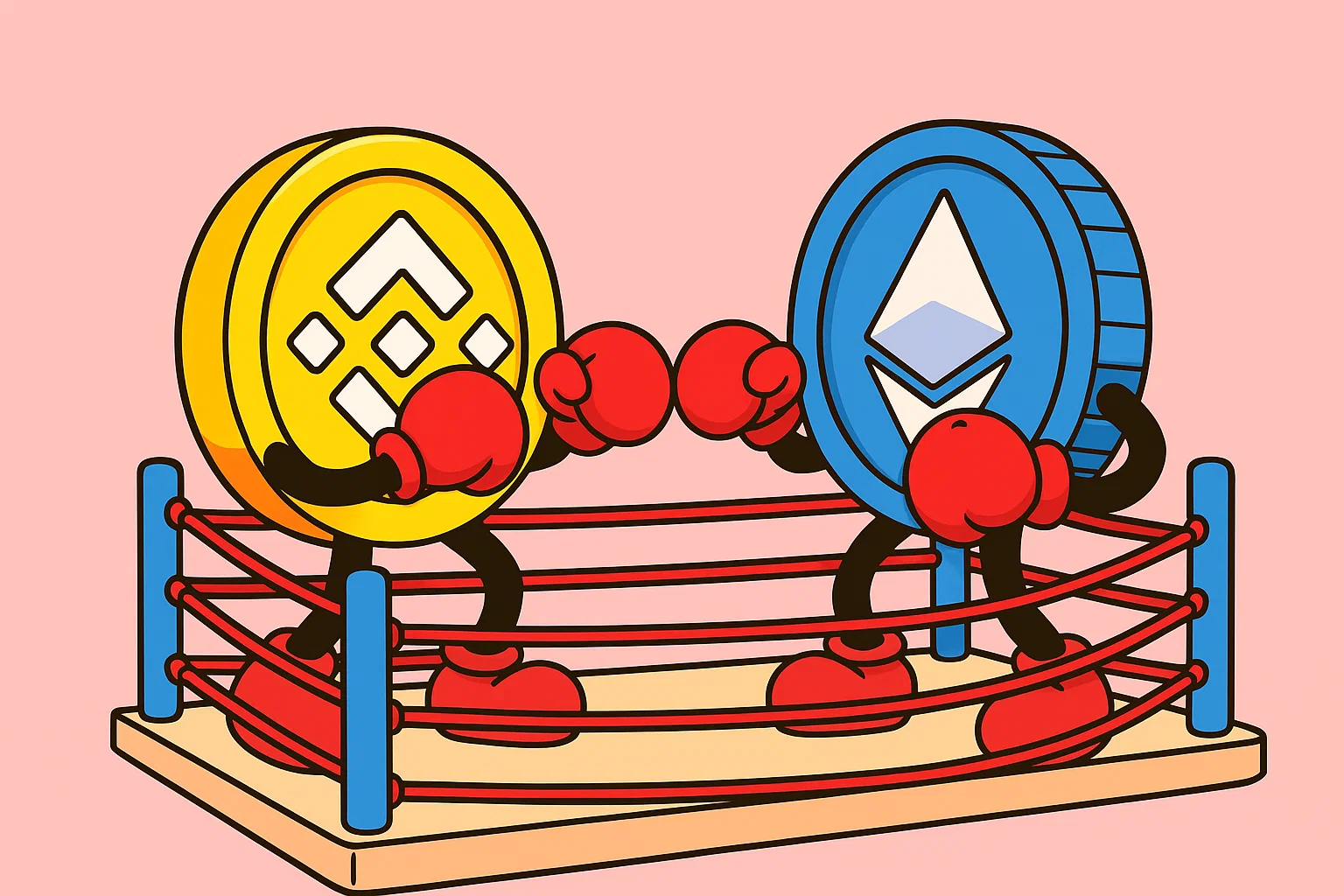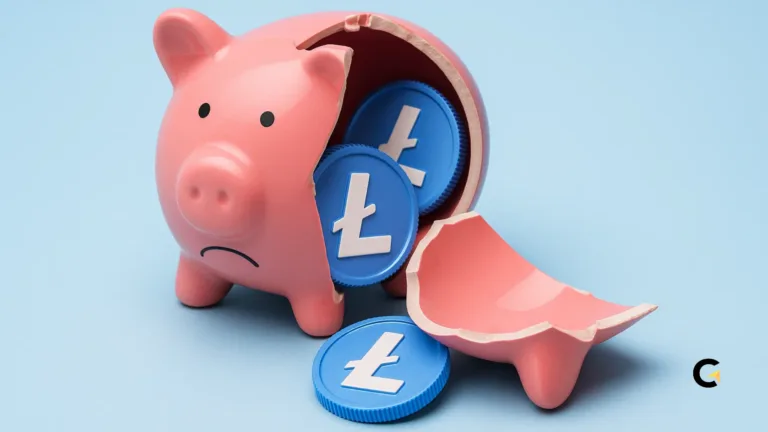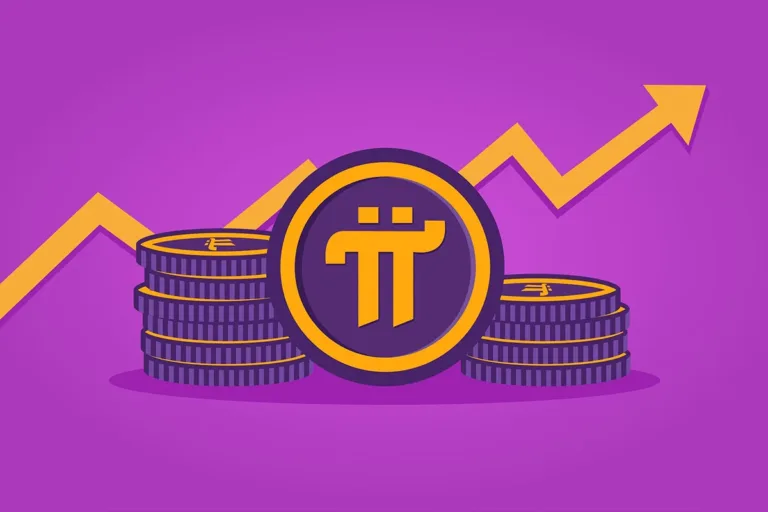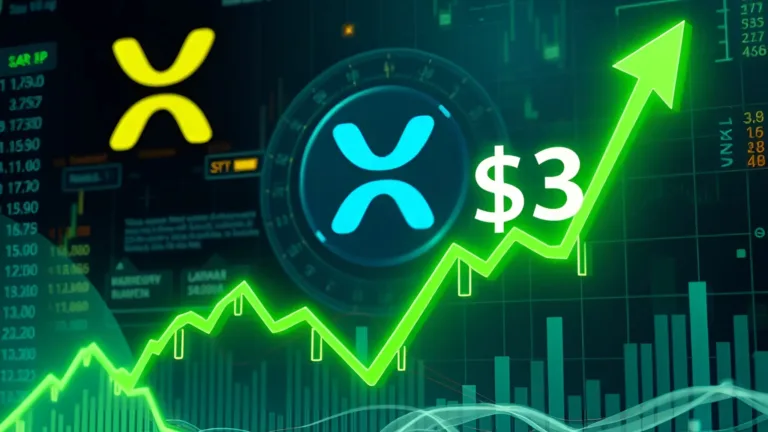Is BNB better than Ethereum?
Is BNB better than Ethereum? In short, Ethereum leads in market cap, decentralization, developer adoption, and regulatory standing, now backed by spot-ETF approval. BNB offers lower fees and high retail activity, driven by its auto-burn model and coordinated validator set—but trades neutrality for Binance-aligned governance.
Key Takeaways:
Hide- Market Liquidity: ETH has over 3× the market cap and 7× the trading volume of BNB, but both show similar volume-to-cap ratios (~3–4%).
- Supply Dynamics: BNB features quarterly auto-burns targeting 100M supply; ETH is uncapped but net-deflationary via EIP-1559.
- Consensus & Validators: ETH uses PoS with ~335,000 validators and high decentralization; BNB runs PoSA with only 55 active validators.
- Transaction Throughput: BNB clears up to 5M transactions/day with sub-$0.01 gas; Ethereum clears fewer tx but supports higher-value settlement.
- Staking & Utility: BNB yields 4–6% and is used across Binance products; ETH yields ~3% and powers a diverse DeFi and L2 ecosystem.
- Development Focus: Ethereum leads in open-source innovation and roadmap depth; BNB emphasizes Binance-aligned UX and EVM speed.
- Regulatory Standing: ETH is classified as a commodity post-ETF approval; BNB remains under SEC scrutiny after Binance’s $4.3B settlement.
- Risk Profile: BNB faces validator and holder centralization; Ethereum has broader validator distribution and protocol neutrality.
- Ecosystem Revenue: ETH burns ~$480K/day in fees; BNB burns < $40K/day plus periodic auto-burns.
- Investor Fit: Choose ETH for institutional exposure and L2 growth; choose BNB for fast, low-cost EVM dApps targeting retail use.
Should You Invest in BNB or Ethereum?

How do Binance Coin (BNB) ultra-low fees and auto-burn mechanics compare with Ethereum’s deep liquidity, decentralization, and spot-ETF backing?
Can BNB’s Binance-aligned speed and retail appeal match Ethereum (ETH) institutional strength and robust L2 ecosystem? What’s your call?
1. Market Metrics
| Jul 2025 | BNB | ETH |
|---|---|---|
| Spot price | $662.8 | $2 538.0 |
| Circulating m-cap | $93.4 B | $305 B |
| 24 h volume | $1.29 B | $9.22 B |
BNB’s absolute liquidity is ~14 % of ETH’s, yet the two coins show similar volume-to-cap ratios (≈ 3–4 %), signalling healthy depth for their size.
2. Supply Dynamics
- Thanks to its quarterly auto-burn mechanism—already trimming supply toward 100 million—BNB’s scarcity model underpins forecasts of $1,000 and beyond. Circulating supply stands near 153 M after the Q2 2025 burn.
- Ethereum’s uncapped issuance—but near-zero net inflation thanks to EIP-1559—combined with its booming L2 ecosystem, lays the groundwork for visions of ETH touching $10,000 or more by 2040.
BNB therefore offers stronger terminal-supply certainty, whereas ETH counters dilution with a dynamic burn that tracks network demand.
3. Consensus Mechanism & Security
| BNB Smart Chain | Ethereum | |
|---|---|---|
| Algorithm | Proof-of-Staked Authority (PoSA) | Proof-of-Stake (Gasper) |
| Active validators | 55 elected from a larger candidate set | ≈ 335 000 validators on Beacon chain |
| Finality | ~ 3 s | 12.8 min economic finality; sub-second slot finality via PBS |
| Major incidents | Oct 2022 cross-chain bridge exploit (~$570 M) | 2016 DAO fork; no chain halts since Merge |
Ethereum’s open-entry validator set yields a far higher Nakamoto coefficient, while BSC’s smaller set enables faster block times at the cost of greater concentration.
4. Network Activity
- Throughput & load: BSC regularly clears 4–5 M tx/day (ATH 14 M) versus Ethereum’s 1.1–1.3 M tx/day.
- Fees:
- BSC median gas fee ≈ 3–4 Gwei (sub-$0.01 per swap).
- Ethereum post-Dencun averages $0.30–0.50 per basic transfer.
BSC wins on raw retail throughput and cost; Ethereum handles far larger USD-settlement volume despite fewer Layer-1 transactions.
5. Development & Ecosystem
- GitHub stars:
bnb-chain/bsc3.0 k vsethereum/go-ethereum≈ 49 k. - Roadmaps:
- BNB Chain shipped the Pascal hard-fork (MEV filters, Q1 2025) and is testing BAS roll-up side-chains.
- Ethereum executed Dencun (blob-space) in Mar 2024 and targets the Pectra account-abstraction hard-fork in late 2025.
Ethereum continues to dominate core-dev commits; BNB focuses on rapid EVM compatibility and UX tweaks driven by Binance product teams.
6. Tokenomics & Utility
| BNB | ETH | |
|---|---|---|
| Primary uses | Exchange fee rebates, BSC gas, Launchpad bids | Gas, L2 blob data, DeFi collateral |
| Staking yield | 4–6 % via PoSA delegation | ≈ 3 % (Beacon chain, Lido reference) |
| Monetary sinks | Quarterly auto-burn + real-time gas burn | Continuous EIP-1559 fee burn |
BNB’s income streams rely heavily on Binance ecosystem demand, while ETH captures fees from thousands of independent dApps and Layer-2s.
7. Team, Community & Governance
- Founders: Changpeng Zhao (stepped down Nov 2023 after DOJ plea); Ethereum—Vitalik Buterin & the EF.
- Social footprint: Binance’s @BNBChain ~ 2.8 M followers; Ethereum’s @ethereum & @ethfoundation combined exceed 3 M.
- Governance: BNB parameters set by BEP votes among validators (heavily influenced by Binance); Ethereum upgrades pass through open-source EIP process and validator/stakeholder activation.
8. Regulatory & Compliance
- BNB—Binance and CZ pleaded guilty in a $4.3 B U.S. settlement (Nov 2023); SEC civil action continues, naming BNB a security.
- ETH—U.S. SEC approved spot-Ether ETFs on 22 Jul 2024, implicitly classifying ETH as a commodity for retail trading.
Ethereum thus enjoys clearer U.S. regulatory treatment, while BNB remains under enhanced scrutiny tied to its issuer.
9. Ecosystem Risk Factors
| Risk | BNB | ETH |
|---|---|---|
| Validator concentration | Top-10 validators > 40 % stake | Lido + friends < 33 % stake; 330 k+ validators |
| Bridge/oracle exploits | BSC Token Hub hack (Oct 2022); several rug-pulls | Historical DAO hack; frequent L2 bridge exploits |
| Holder concentration | Binance-controlled wallets still > 25 % supply | Top-10 ETH wallets (mostly CEX/Lido) ~ 20 % of supply |
10. Macro & Sentiment Indicators
- 90-day BTC correlation: BNB ≈ 0.55, ETH ≈ 0.48.
- On-chain revenue (30 d): Ethereum burned ~ 190 ETH/day (~$480 k); BSC gas burn equates to <$40 k/day plus quarterly auto-burns.
- Social sentiment: BNB “Neutral-Bullish” and ETH “Bullish” for July 2025.
BNB vs Ethereum: Which One Comes Out Ahead?
ETH’s perpetual, fee-offset dilution is now near-zero and ETF inflows add demand; BNB shrinks supply outright but is coupled to Binance’s profitability.
Ethereum offers massive validator decentralisation and a robust L2 ecosystem; BNB provides faster blocks and sub-cent fees but with a 55-validator trust model.
ETH enjoys commodity-like status post-ETF, whereas BNB carries legacy legal baggage despite ongoing decentralisation efforts.
Choose Ethereum for maximum neutrality, tooling and capital depth; choose BNB Smart Chain for quick-to-market EVM dApps targeting cost-sensitive retail users.







